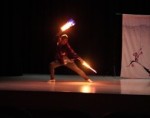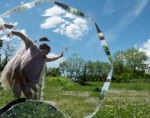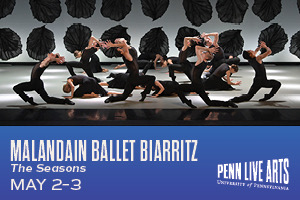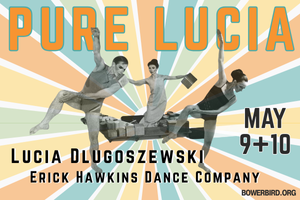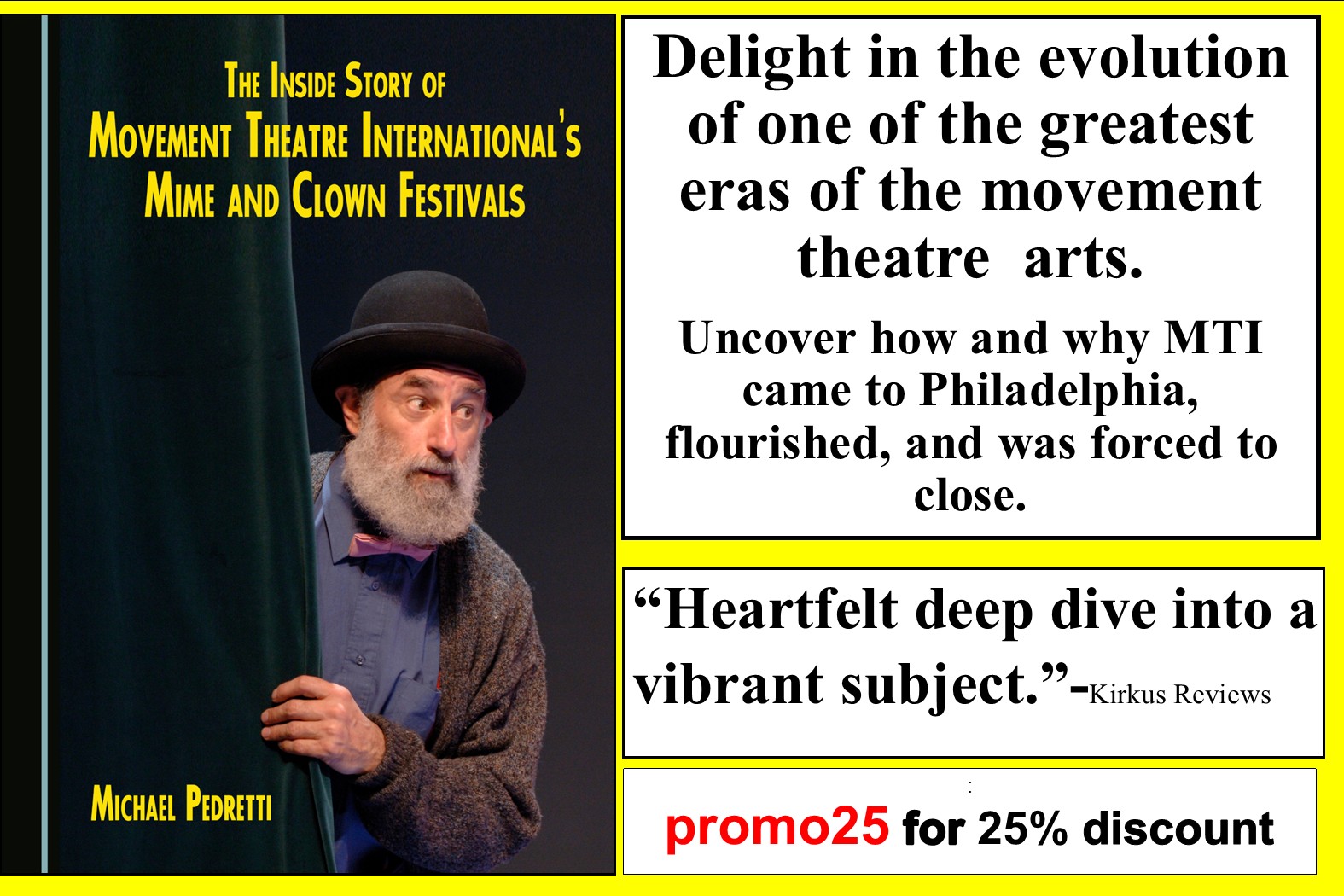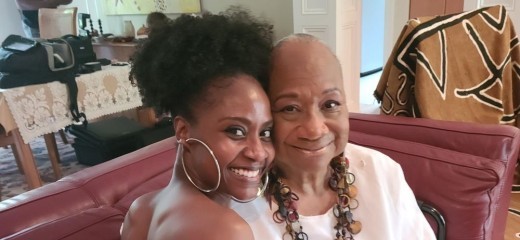
On Aging, Mentorship, and Paving the Road
by Megan Mizanty
You sit across from someone you trust.
Opinions, reflections, and perhaps some confessions are shared - followed by a response. Then, a release. A recalibration. A sense of resilience.
This is the third and last article series focusing on mentorship. In the first two, I spoke with an array of dancers, ranging from their mid 30s to early 80s. Continued themes bubbled up: seeing the mentor as a whole person, ongoing generosity and honesty, and a “safe place to live dangerously.” Everyone interviewed had experiences as mentees and mentors, shifting throughout distinct chapters of their lives. For many, their mentors had already passed away, but they shared stories of their mentors in terrifically alive ways.
Shaness Kemp, 37, feels the influence of her mentor, the late and prolific Kariamu Welsh, everyday. You may know Kariamu’s name: she was an indelible force at Temple University, in the Philadelphia dance community and beyond, for decades. When Shaness reflected on her mentorship from “Mama Kariamu,” she states: “There are too many [formative memories] to count…she was a force and changed my life forever.” Shaness, now an Assistant Professor of Dance at the University of Maryland, Baltimore County, helps her own student mentees navigate the beginning of their careers.
Writing this article series has been a vulnerable and welcome reflection as I’ve also served as a mentor to people navigating graduate school, undergraduate, and high school. I’ve learned more from mentees about my own relationship with dance than I realized at the time. For example, when serving as a mentor to Annie Ciaraldi, a Boston-based dance artist, my understanding of “new beginnings” shifted. Before sharing this article to include Annie’s story, I contacted her first. Our conversations were (and are) held in trust, and sharing any dialogue publicly about mentorship needed the green light first.
Annie was starting graduate school in 2020 and voiced concern over starting too late in her life and dance career. We had many discussions about the merits of age: she was entering a program with a plethora of life experience - parenthood, career shifts, many years of teaching, and more. After these discussions I thought: what does “late” even mean? She decided to enroll in graduate school - after years of professional life - equipped with tremendous resilience and determination, but sometimes needed reminders of the “right” age being a matter of perspective.
On the ironic side, I’m also starting new beginnings (writing and publishing fiction) and wondering if these new pathways and career aspirations are, well, too late. (Spoiler: they are not. Mentors can provide that incomparable wake-up call).
You can do this.You can dive into something new. You can try, in this one precious life you have.
When a mentorship centers trust, wonderful and brave decisions can happen.
While interviewing mentors, open-mindedness was also mentioned often. Shaness believes a “willingness to change” - for both mentors and mentees - is critical: “Sometimes mentees are driven by their dreams and goals where they feel like they know exactly the road they'd like to travel to get to a particular destination…[t]he beauty of having a mentor is they've oftentimes traveled that same road before and can offer suggestions on different ways to get there. Keeping an open mind allows for a greater possibility of success…[as a mentor] we can trust that [mentees] walk their own path, even if they are inspired by us and the unique ways in which we did things. This can alleviate a lot of stress that mentees may feel to ‘carry the torch’ of their mentors.”
This last sentiment resonates deeply. Mentors aren’t passing a torch; we’re paving a road. When I mentored Annie, I knew her career and dance goals were different from my own. Still, it was easy to recognize her fervor to grow, to learn, and to approach her own creative work with trust and a deep sense of self. I was there for the “nudge.”
After speaking with mentors and mentees, it’s clear when a healthy relationship is forged, it only enriches a dance career. Mentorship contributes to the longevity of a career; more importantly, though, it serves as a reminder of why we continue to dance in the first place, after the period where our bodies are “young” (a purely subjective and cultural categorization). We have to lean on one another to continue, and mentorship pulls up a chair.
“On Mentorship and Aging” is a three-part article series. This series explores the complex dynamics inherent in mentorship. Read part one and part two.
By Megan Mizanty
February 10, 2024



